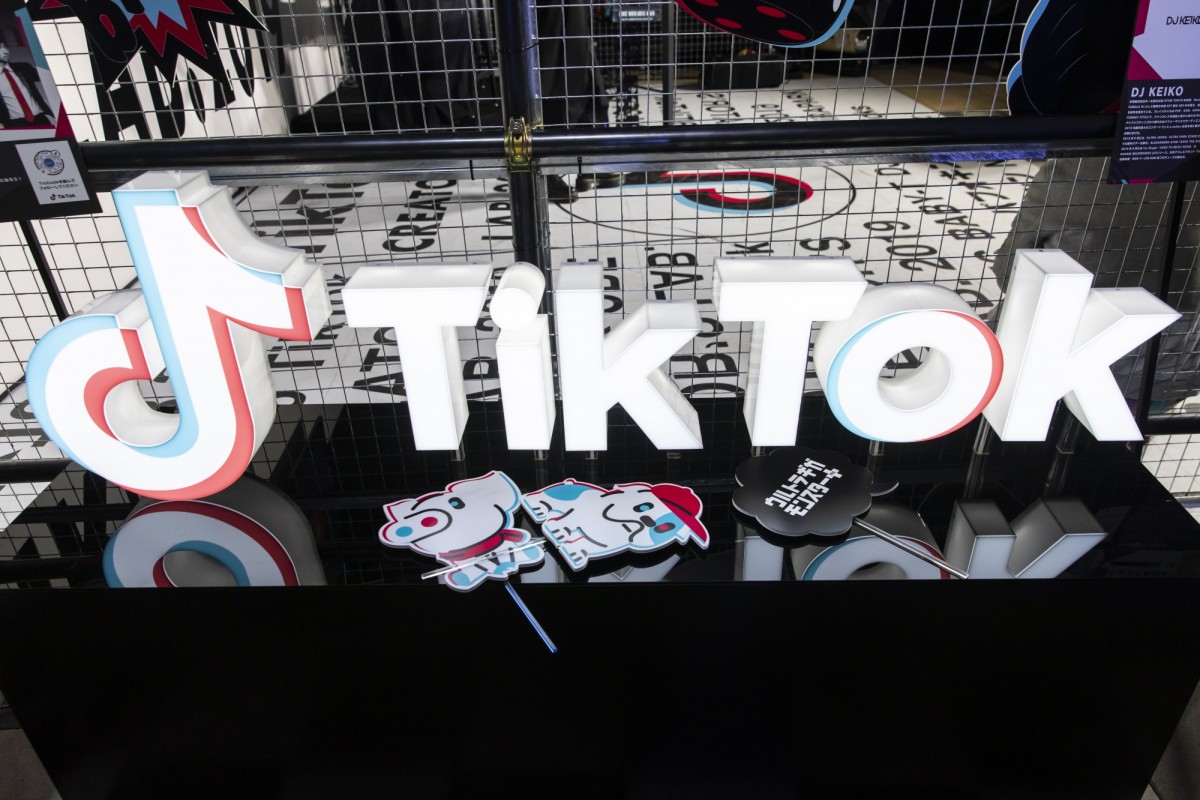Technology
India Bans TikTok and 58 Other Chinese Apps Citing Security Concerns

(Bloomberg) — India banned ByteDance Ltd.’s viral short video service TikTok and 58 other Chinese apps, citing threats to its sovereignty and security as relations between the world’s two largest populations worsened.
The unprecedented moratorium, announced days after escalating border tensions in the Himalayas left 20 Indian soldiers dead, deals a blow to the most prominent names in Chinese technology. The banned services included e-commerce giant Alibaba Group Holding Ltd.’s UC Web, social media leader Tencent Holdings Ltd.’s WeChat and Baidu Inc.’s map and translation platforms.
The move marks another attempt by India to reduce dependence on its neighbor’s products and hampers efforts by China’s largest corporations to expand beyond their own borders — a collective endeavor encapsulated by TikTok’s phenomenal success abroad and particularly in India, ByteDance’s largest international market. The world’s most valuable startup responded by saying it wants to work with Modi’s government to improve security for its hundreds of millions of domestic users.
“Building empowered local management teams in the countries where TikTok operates, including India, has been critical to our global success,” the company said in a statement. “Our team of around 2,000 employees in India is committed to working with the government to demonstrate our dedication to user security and our commitment to the country overall.”
The ban threatens to escalate tensions between two of Asia’s largest economies. As the border standoff that had simmered for nearly two months worsened, customs officials began halting clearances of industrial consignments coming in from China at major Indian ports and airports. The ban announced Monday also includes smartphone maker Xiaomi Corp.’s Mi Video Call and Weibo, a Chinese Twitter-like service.
China Shipments Stuck at India Ports Show Casualties of Standoff
“Despite attempts at de-escalation and multiple rounds of talks, tensions are still high” between Bejing and New Delhi, Eurasia Group analysts led by Akhil Bery wrote in a note Tuesday. “Beijing has been taking a low-key approach to the dispute in China’s state media, but India’s highly public move will make that difficult and raise expectations from the public of a strong response — particularly in a climate where the leadership has been ramping up patriotic sentiment amid the pandemic.”
-

 Insurance2 months ago
Insurance2 months agoSupporting Community Wellness: Liva Insurance Sponsors Muscat Marathon 2026 with Free Health Checkups
-

 News2 months ago
News2 months agoAI Security Conference 2025 Hosted by Securado Highlights the Changing Cybersecurity Landscape
-

 Interviews1 month ago
Interviews1 month agoEXCLUSIVE INTERVIEW: TLS Rebranding Marks Strategic Leap Toward Innovation, Sustainability & Growth
-

 Dossier1 week ago
Dossier1 week agoDossier, 2026
-

 Insurance1 month ago
Insurance1 month agoLiva Insurance Supports Community Wellness Through “Experience Oman – Muscat Marathon 2026”
-

 Investment3 weeks ago
Investment3 weeks agoLalan Inaugurates Its First Overseas Manufacturing Facility, Marking Sri Lanka’s First Investment in SOHAR Freezone
-

 Banking & Finance1 week ago
Banking & Finance1 week agoNational Finance Unveils Exclusive Ramadan Offers on Auto Financing
-

 Food & Dining3 weeks ago
Food & Dining3 weeks agoGrand Millennium Muscat’s exclusive Ramadan Iftar and Suhoor Experiences




























